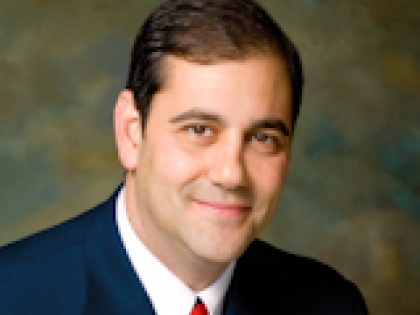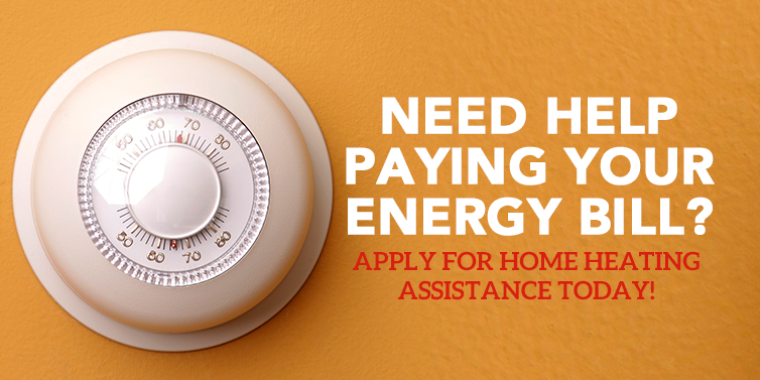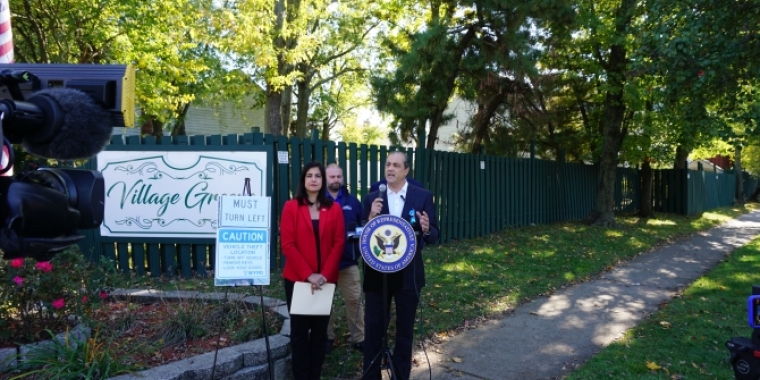
State Public Health Emergency Declared in New York State in Response to Severe Flu Season
Andrew J Lanza
January 14, 2013
Pharmacists Permitted to Administer Flu Vaccinations to Patients Between Six Months and 18 Years of Age
A Public Health Emergency has been declared for all of New York State in response to this year's increasingly severe flu season. An Executive Order has also been issued which allows pharmacists to administer flu vaccinations to patients between six months and 18 years of age. This Order suspends for the next 30 days the section of State Education Law that limits the authority of pharmacists to administer immunizing agents only to individuals 18 years of age or older.
Already 19,128 cases of influenza have been reported in New York this season, far more than the total of 4,404 positive laboratory tests that were reported all of last season (2011-2012). Additionally, as of January 5, 2013, the New York State Department of Health (DOH) received reports of 2,884 patients hospitalized with laboratory-confirmed influenza, compared to 1,169 total hospitalizations in 2011. To date, two children in New York State and eighteen children across the United States and have died as a result of this year's seasonal influenza.
Senator Lanza strongly urges New Yorkers who have yet to receive a flu shot to schedule one immediately, as influenza cases continue to rise sharply across the State. To ensure all New Yorkers know the importance of - and have easy access to - flu shots, the Senator announced that the State Health Department (DOH), working closely with county, regional and private health care partners as well as local health departments, will launch a broad promotion of flu immunization. As part of the promotional effort, ongoing flu-related information and resources will be continuously updated and disseminated via press advisories and media events, dedicated websites and social media sites such as Facebook and twitter.
The State Health Department will also continue to issue health advisories to healthcare providers, hospitals, long-term care facilities, local health departments and pharmacies to strongly advise all New Yorkers who have not already received their influenza vaccine to do so immediately, and to encourage all providers to continue to administer the influenza vaccine to their patients. DOH provides to health care facilities a web-based tool kit for influenza vaccination programs: www.health.ny.gov/prevention/immunization/toolkits/.
New Yorkers can find a local vaccine provider by visiting http://flushot.healthmap.org/ and entering their zip code. New Yorkers without internet access can call 1-800-522-5006 or through TTY access at 1-800-655-1789 to find a nearby provider.
The federal Centers for Disease Control and Prevention (CDC) has been testing this year's known influenza viruses and matching them to the three viruses included in the 2012-2013 flu vaccine. To date, all of the influenza A (H1N1) and influenza A (H3N2) viruses that have been tested match the vaccine and approximately 69 percent of the known influenza B viruses match the vaccine.
Senator Lanza reminds New Yorkers who have not been vaccinated for influenza that it is NOT too late to get a vaccination. Flu vaccine can be obtained at health care providers' offices, local health departments, and pharmacies across the state. Since flu often continues into late winter or early spring, vaccinations at this time of year offer important protection. DOH recommends that everyone six months of age or older receive a flu vaccination. Those under six months of age cannot get a flu vaccination.
Since the flu virus can spread through coughing or sneezing, it is important that family members and people who regularly come in contact with young children or individuals at high risk get a flu shot. In addition, all health care workers should be vaccinated against influenza and other communicable diseases to protect their health and the health of their patients.
Symptoms of influenza resemble those of a cold, but come on swiftly and are more pronounced. A person who has the flu usually has a fever, chills, a severe headache, and muscle aches, as well as a cough or sore throat.
Although most people will usually recover from flu without complications, the virus poses a more serious risk for individuals younger than age two, those over 50, pregnant women, and people with weakened immune systems or chronic medical conditions.
Individuals who have flu-like symptoms like a fever, cough, or sore throat,should call their doctor first before heading to the hospital. Many New Yorkers are going to the emergency room with mild symptoms; there's no need to go to the hospital unless your doctor advises you to.
For additional information about influenza, including statewide surveillance, visit the State Health Department website at: http://www.health.ny.gov/diseases/communicable/influenza/seasonal/
###
Share this Article or Press Release
Newsroom
Go to NewsroomCOVID-19 Small Business Tax Credit Program
December 6, 2022

HEAP & Heartshare Applications
December 1, 2022


